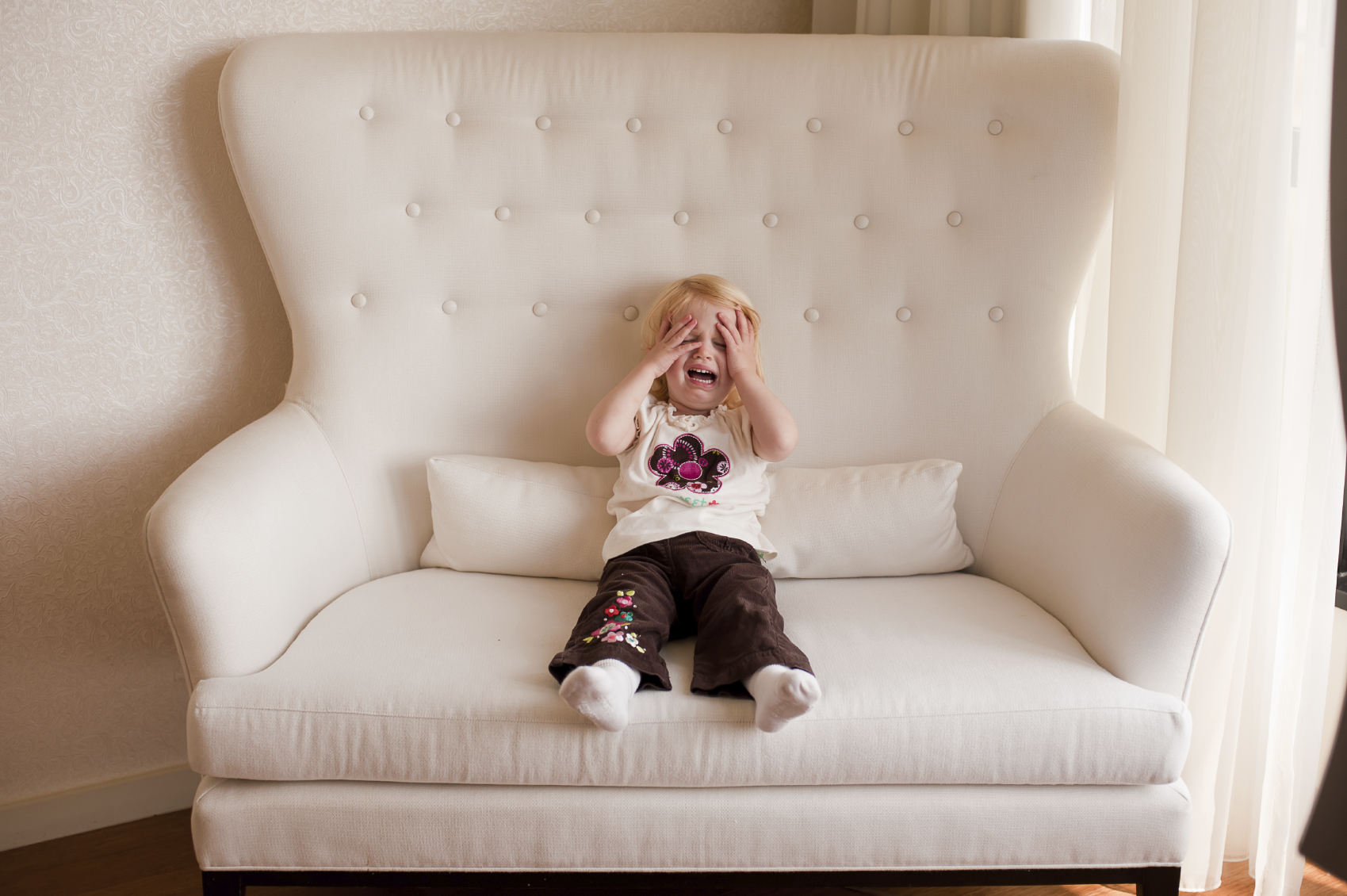A study has found “kids’ whining to be more distracting than the sound of a screeching table saw to parents.” (Source). According to that same research, whining starts when kids begin to talk and, sadly, adults are wired to respond to it.
Whining peaks at preschool and lessens when kids start school and learn about tempering their emotions and demands for immediate results. Any parent with an adolescent knows the possibility exists that whining will resurface during those years.
How can parents bring this annoying behavior under control?
With younger kids, if the time of day or a predictable situation promotes whining, parents can be proactive. This could look like distributing a snack before the child whines for something to eat. Or talking about the approaching predetermined bedtime before it actually arrives.
Many psychologists agree that singing or quietly speaking to a child will often eliminate whining.
Ignoring the whining is a great way to squelch the habit. And yes, that isn’t always easy.
What about the whining teenager?
Listening can many times do the trick when it comes to teenagers. Listening doesn’t have to go on indefinitely and it doesn’t necessarily mean agreeing. It’s simply allowing the adolescent to express his or her frustrations or desires.
Patience is also helpful. Patience while the whiner expresses himself and patience while you, the parent, explain your position. Your frustration only exacerbates the situation.






















